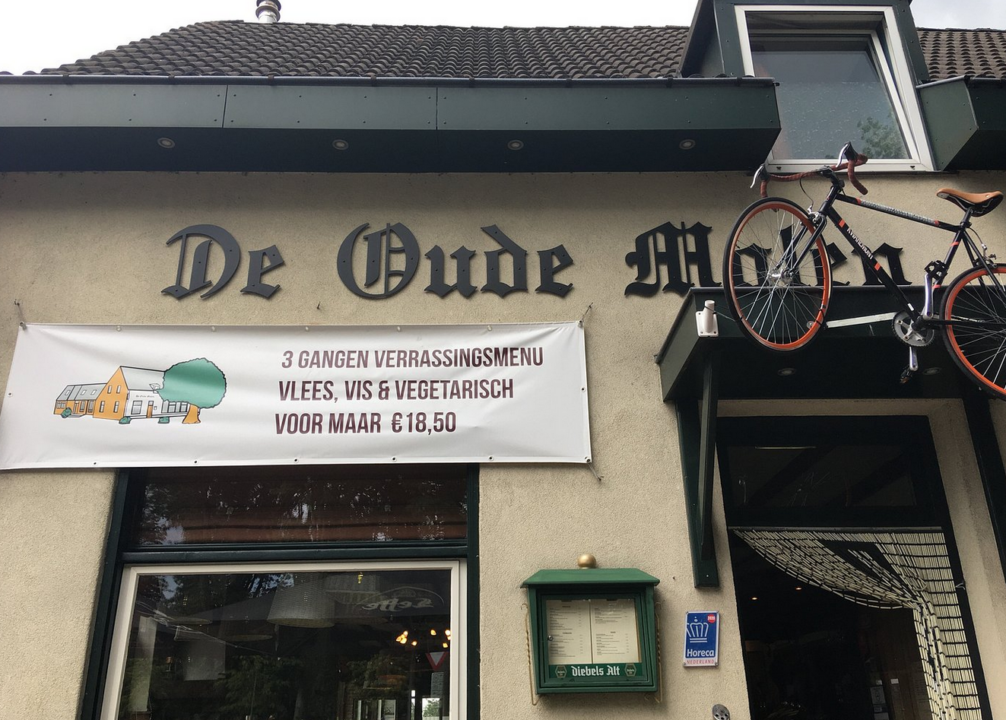A Dutch holiday park is under scrutiny after it was revealed that chalets intended for tourists have been rented out at high rates to asylum seekers’ families and migrant workers, prompting intervention by the local mayor.
The arrangement has sparked outrage over its cost to taxpayers and its impact on the local community.
According to De Telegraaf, De Oude Molen holiday park located in the municipality of Berg en Dal has been leasing 19 chalets to the Dutch Central Agency for the Reception of Asylum Seekers (COA) for €4,000 per chalet per week, amounting to nearly €300,000 per month.
Local mayor Mark Slinkman has vowed to put a stop to the arrangement, noting that the Dutch asylum agency had not informed the local council of the situation.
“This deal is attractive for the campsite but such compensation is not socially justifiable,” he said, revealing he had ordered the park to vacate the chalets being used for asylum seekers and threatened fines of €250,000 per violation.
The chalets currently house 139 “follow-up travelers,” predominantly women and children from Somalia and Eritrea who are family members of asylum seekers already granted residence in the Netherlands.
The COA admitted to failing to inform the municipality about the arrangement, an oversight for which it has apologized. This marks the second such incident in Berg en Dal, following unannounced accommodations for asylum seekers at a local hotel last year.
Mayor Slinkman expressed concern about the effect on the local tourism industry and the wider community if the accommodation was not being used in the way it was intended. “If there are permanent asylum seekers instead of tourists, the catering industry, shops, and bicycle rentals that rely on holidaymakers will suffer a significant loss of turnover,” he said.
The municipality has also discovered that approximately 25 chalets are occupied by migrant workers, many from Poland and Romania, who now face eviction as well. They are understood to pay their rent in cash.
The Dutch newspaper reported how residents and business owners have had mixed reactions to the deal, with some sympathizing with the park’s decision to lease chalets during the winter off-season, while others expressed concern about the long-term impact on the village’s reputation as a tourist destination.
Much of the anger has been directed at the Dutch government agency for offering such an attractive deal to the park management without consultation of the local council or the wider public — and then failing to tell them.
The municipality has taken steps to manage the situation. A full-time supervisor will now be stationed at the park to assist the asylum seekers and serve as a point of contact until their expected eviction. The police will also increase patrols in the area, as the mix of women, children, and migrant workers with differing schedules requires “alertness,” according to the mayor.
Slinkman assured residents that the asylum seekers would not be evicted immediately and alternative housing would be arranged before they were relocated.
The holiday park’s management declined to comment on the controversy.






